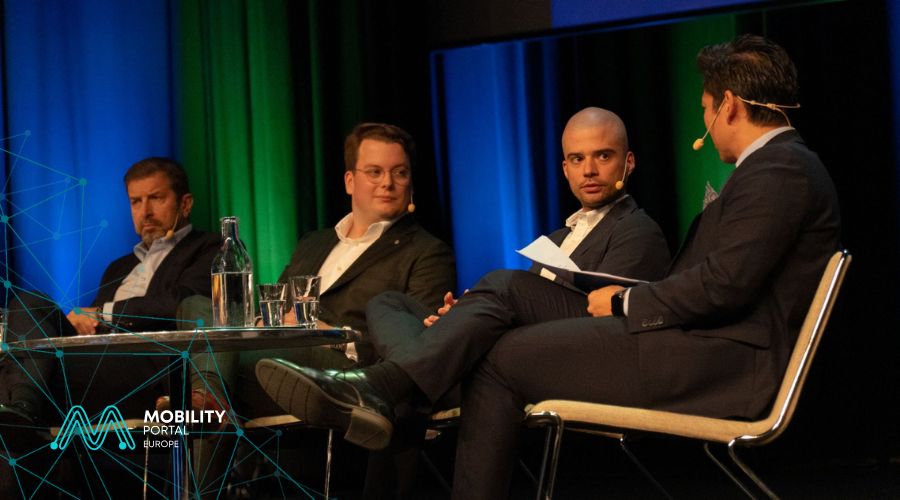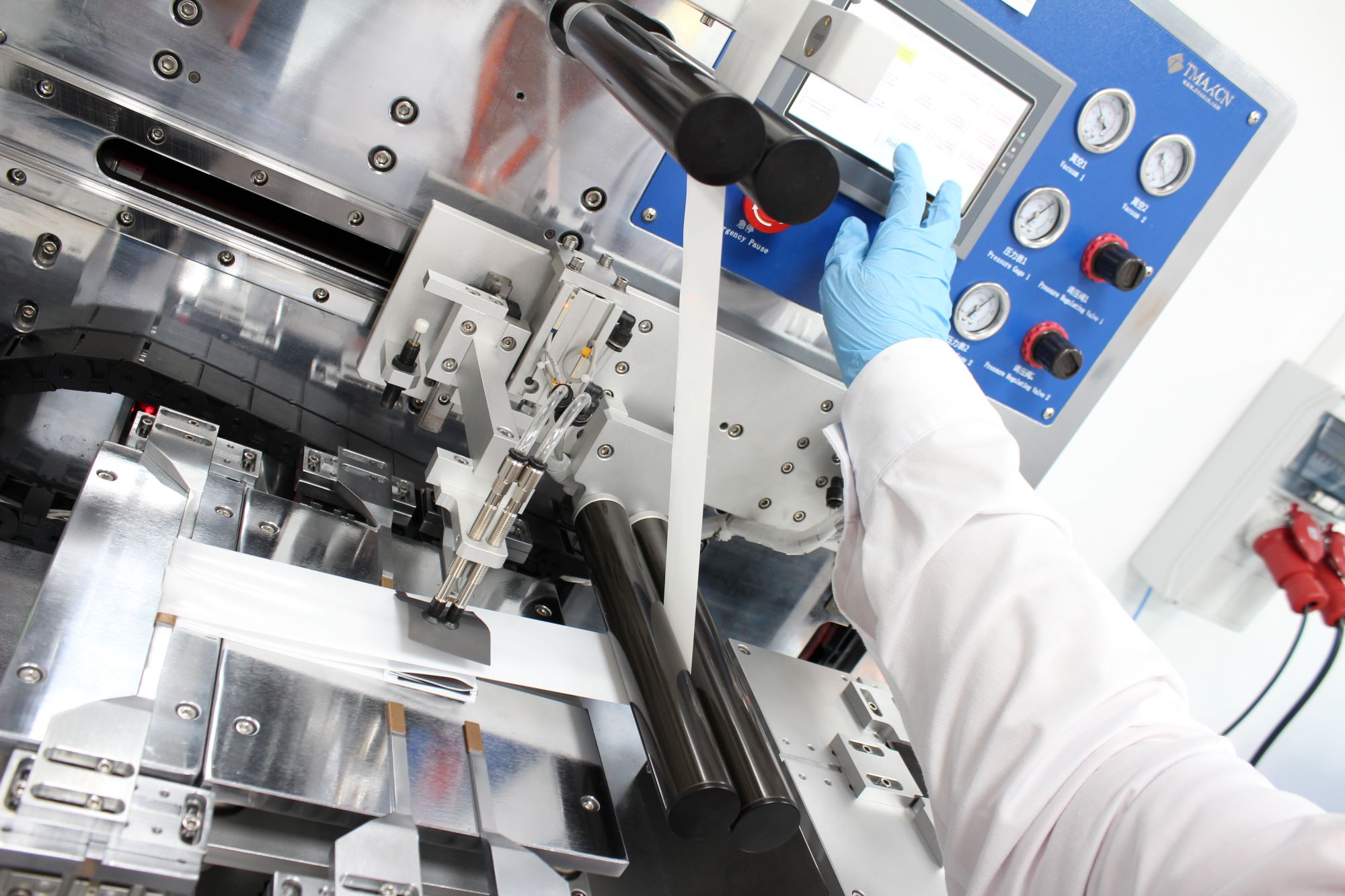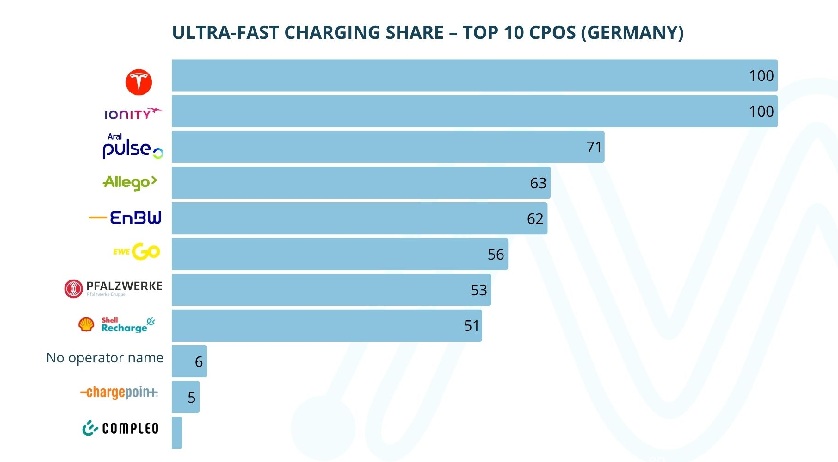As the e-mobility sector rapidly advances, features that were seen as innovative just a few years ago—such as “plug and charge” and standards like OCPP 2.0.1 and 2.1—are now considered standard.
According to Paweł Małkowiak, CEO and Founder of Solidstudio, these technologies are no longer competitive advantages but essential requirements for companies in the sector.
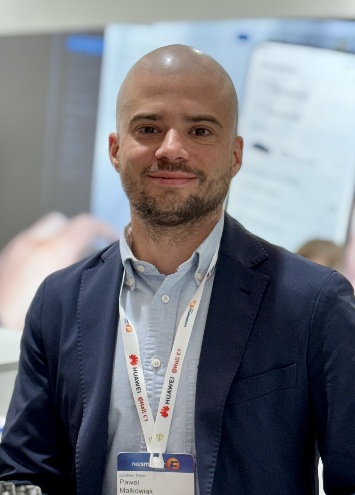
“Software must be able to support them. They are no longer a competitive edge, but a necessity,” Małkowiak explains in an interview with Mobility Portal Europe.
“Our clients are looking for something beyond what’s already standard, and artificial intelligence (AI) is one such tool,” he adds.
For companies seeking to scale up or those already operating at large scale, the implementation of AI has become a necessity.
“It is indispensable for companies aiming to optimise their processes and manage large volumes of data,” says Małkowiak, noting that manual checks become unsustainable as operations grow.
An example of this trend is Solidstudio’s AI model, which the company began rolling out last month.
“Our system detects fraud by using algorithms that analyse, in real time, networks from both the Charging Point Management Systems (CPMS) and the e-Mobility Service Provider (eMSP), identifying potential issues before they materialise,” the CEO explains.
This type of solution enables operators to take preventive action and avoid critical incidents.
“We believe AI will play a key role in the evolution of the industry,” Małkowiak affirms.
For this reason, Solidstudio plans to expand its AI-based tools.
“The next step we’re developing is the detection of car models based on the charging curve. We’re close to launching it,” he says.
This system will allow operators to identify which vehicle model is being charged by analysing its energy consumption profile.
“If a user complains that their Hyundai isn’t reaching the promised 150 kilowatts charge, we can explain that this is normal due to the characteristics of Hyundai’s charging curve,” Małkowiak illustrates.
The company is also developing tools to assist support teams.
“AI can be useful not only in direct interaction with drivers but also in helping agents to better understand the ecosystem and provide more accurate responses,” the CEO notes.
The Importance of Owning the Software
Małkowiak highlights that, in the electric vehicle (EV) sector, mature companies already understand the importance of having scalable and reliable software.
“The larger the company, the more charging points and EV drivers it manages, which makes having control over the software even more crucial,” he explains.
In this context, companies are increasingly focused on operational cost management, integration with internal systems such as CRM or ERP, and the ability to innovate.
“Owning the software is key to scaling in a highly competitive market,” Małkowiak states.
However, he notes that it is not necessary to build a solution from scratch, as the software has evolved into a standardised product.
“We offer a proven and reliable solution, but one that also provides the flexibility to tailor it to the customer’s needs,” the CEO explains.
Solidstudio offers its software under a licensing model, allowing for customisation and immediate use in over 20 markets, managing millions of transactions across three continents.
What Are the Technological Challenges in the E-Mobility Sector?
The sector faces several challenges from a technological standpoint.
Małkowiak points out that one of the main issues is outdated software providers, which often fail to deliver the required quality.
“This directly affects the end-user experience, reducing the availability and reliability of services,” he notes.
In addition, innovation is limited by closed solutions.
“If you use a closed system, innovating becomes complicated—and when you finally manage to do so, that innovation is rolled out to all customers at once, which raises the question of whether it’s truly an innovation,” reflects Małkowiak.
Another key challenge is profitability, as many players in the sector seek a share of the margin, which reduces the profitability of Charge Point Operators (CPOs).
“Instead of adding more intermediaries, there should be an all-in-one solution that allows CPOs to innovate and cut costs,” the CEO concludes.
Solidstudio at EVS38
To strengthen its relationships with clients, discuss potential projects, and gain insight into market trends, Solidstudio actively takes part in key industry events.
The company has already been present at events such as the London EV Show and Power2Drive, with its most recent appearance at EVS38, held from 15 to 18 June in Gothenburg, Sweden.
This event brought together industry leaders and pioneers to discuss the latest developments in electric mobility, reinforcing Solidstudio’s position as a key player in the evolution of e-mobility.
It’s worth mentioning that Małkowiak took part in the panel “Connected Electric Vehicles: Are Data Changing the EV Driving Experience?” held on Tuesday, 17 June on the Main Stage.
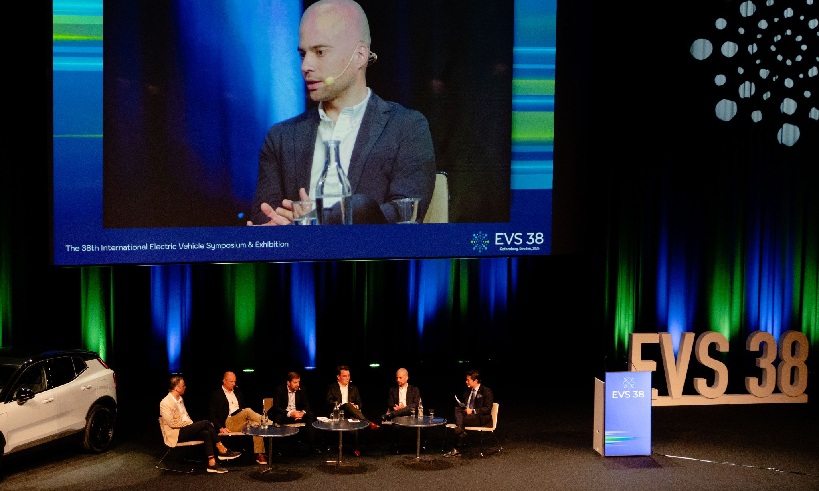
READ MORE
-
PowerCo Spain e ITE los motores para la formación en el sector de baterías
PowerCo Battery Spain (PowerCo), la empresa de celdas de baterías del Grupo Volkswagen fundada en 2022, y el ITE, como Centro Tecnológico de la Energía, han firmado recientemente un acuerdo de colaboración con el objetivo de incrementar las capacidades formativas sobre esta industria pionera en España. PowerCo prevé que sus trabajadores reciban distintos programas formativos…
-
MPD: 80% of Leading CPOs Prioritise Ultra-Fast Charging in Germany
Eight of the ten players with the highest installed gigawatt capacity in Germany already have more than 50% of their infrastructure made up of ultra-rapid chargers. However, the charging market in the country is not without its challenges. Which brands are leading the way?
-
The EU Records Nearly 1 Million Public Chargers in June
June was a good month for electromobility: over 21,000 public chargers were installed. In addition, fully electric vehicles dominated registrations. Which model replaced the Tesla Model Y?





